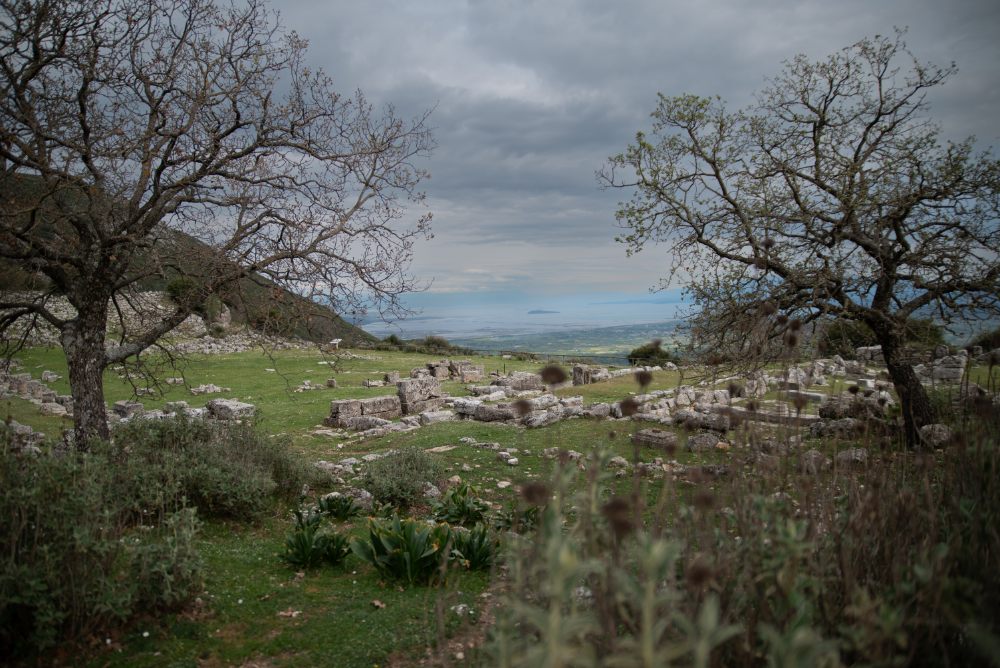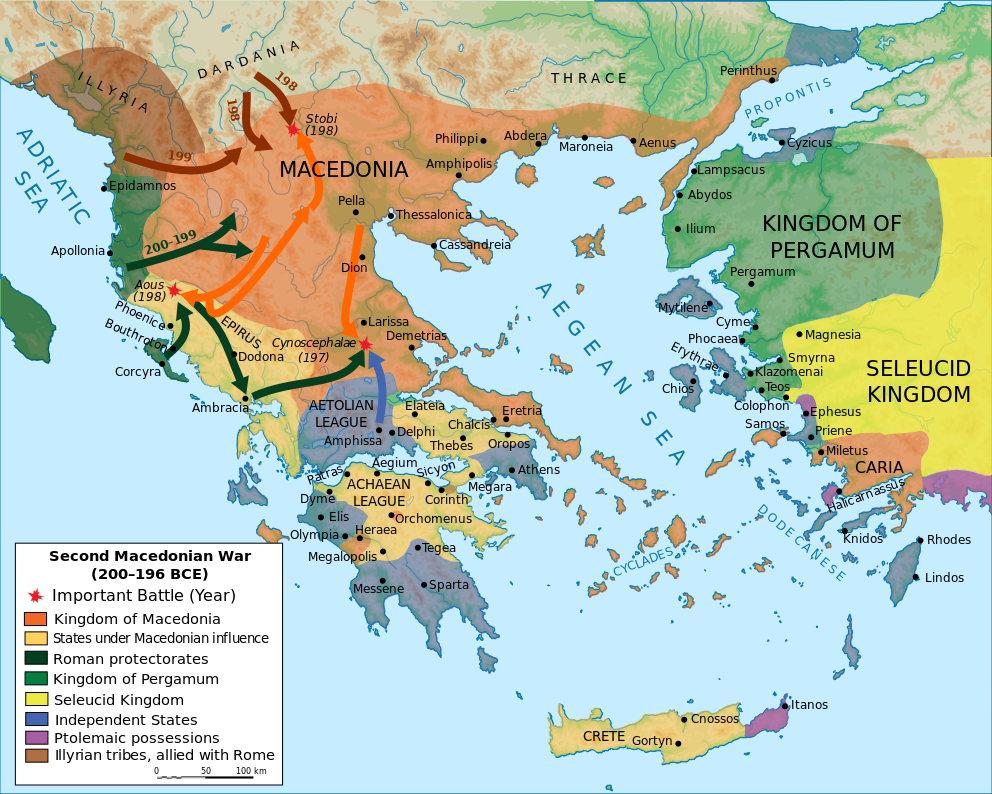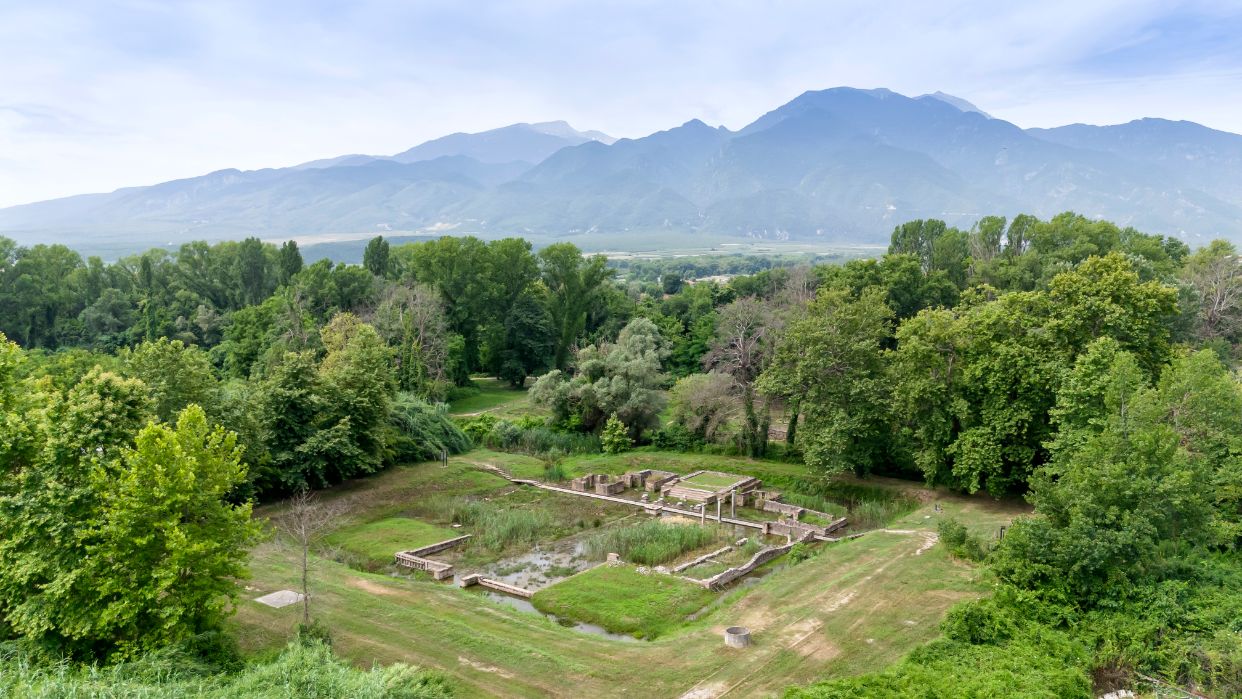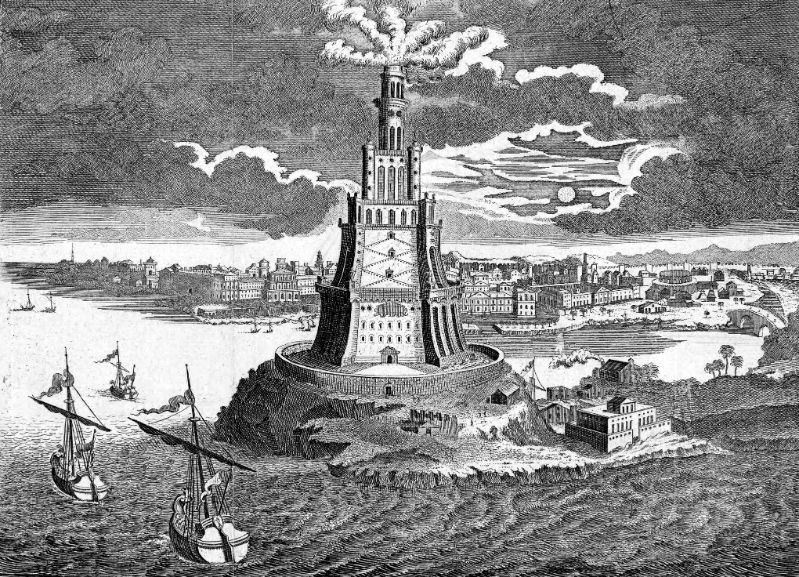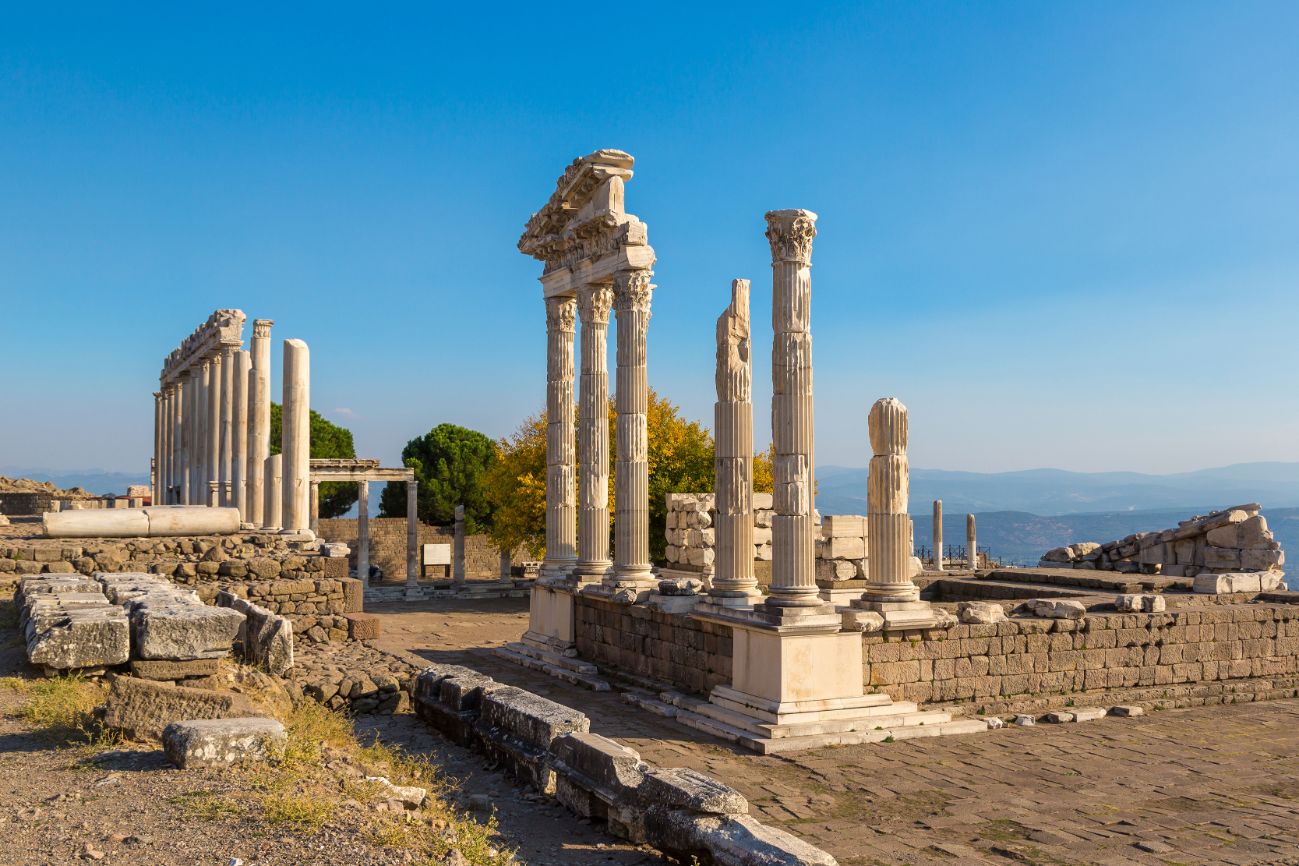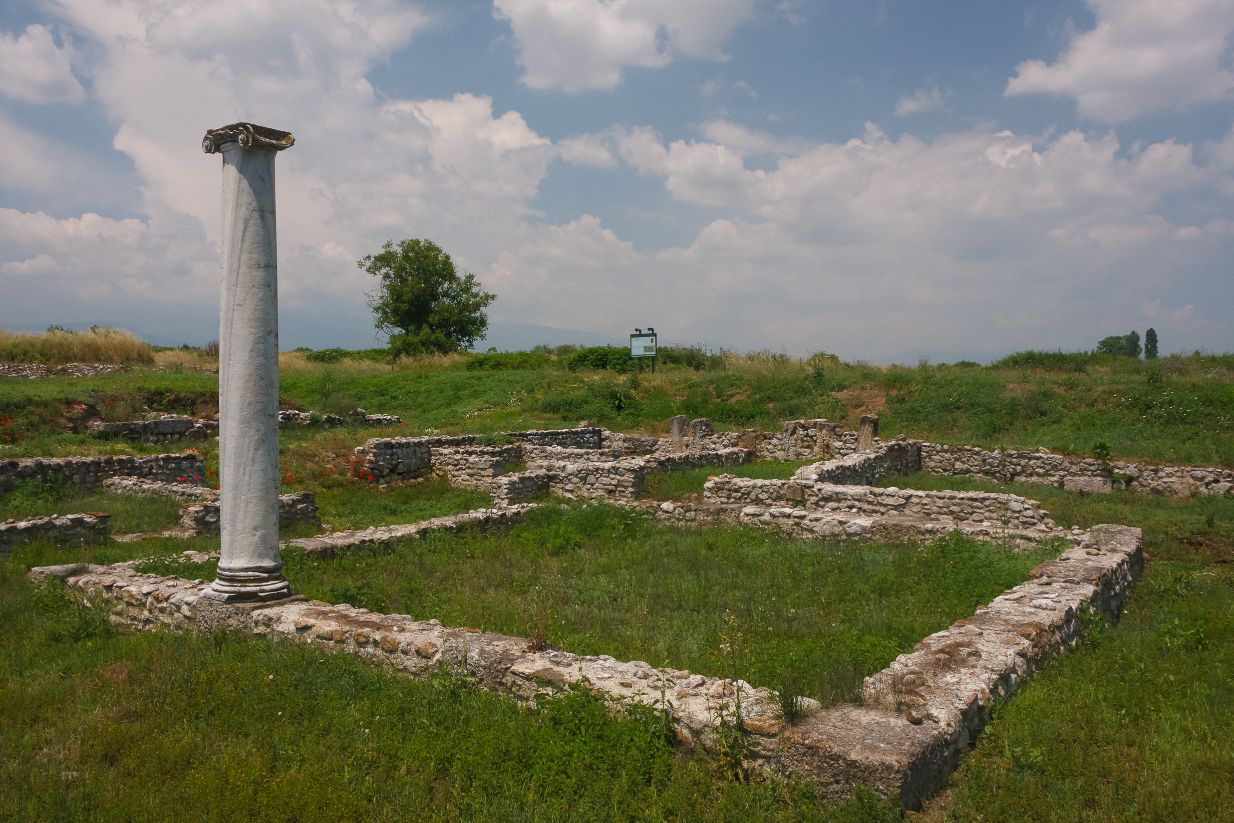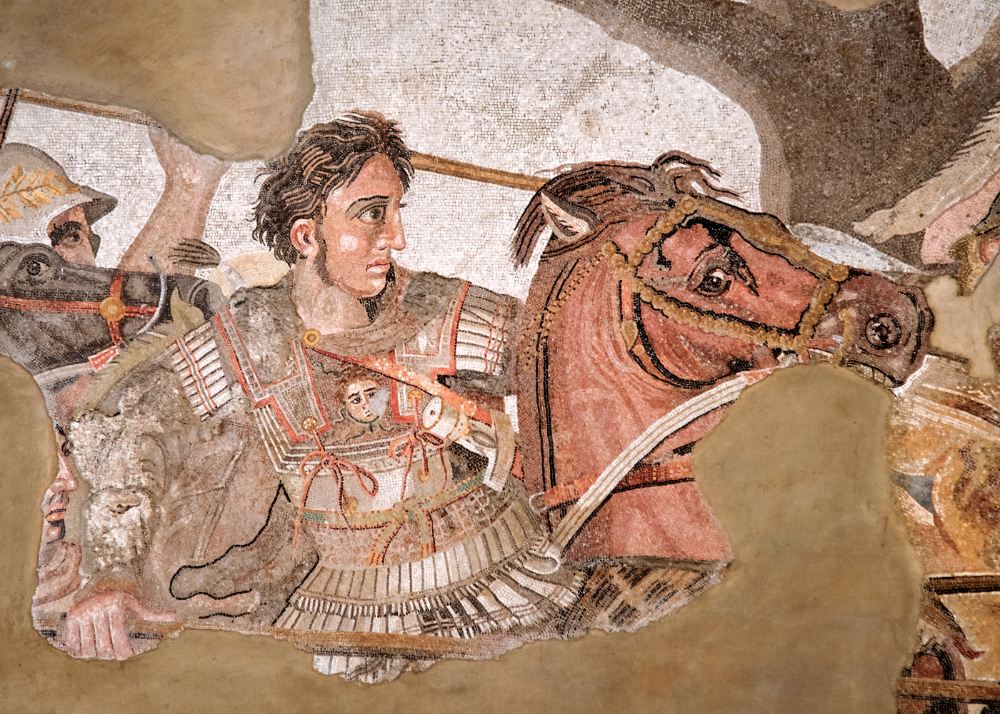Octavian August and his Vision
In 31 BC, Roman Emperor Augustus, then known as Octavian, celebrated his decisive victory at the Battle of Actium against Mark Antony and Cleopatra. This pivotal event secured his power and marked the beginning of the Roman Empire. To commemorate this victory, he founded Nicopolis, or Nicopolis ad Actium, on Greece’s western coast near modern Preveza, a strategic site for controlling important sea routes and reinforcing Roman dominance.
Nicopolis was carefully planned with a grid layout, featuring an impressive forum, a grand theater, and several temples that combined Roman architectural styles with local influences, showcasing Augustus’s legacy. The city quickly became a vibrant cultural and economic center, hosting athletic games and festivals that attracted visitors from throughout the empire.
Over the centuries, Nicopolis faced periods of decline and revival during the Byzantine era before ultimately fading into obscurity and abandonment by the late Middle Ages. Today, the ruins of Nicopolis near Preveza offer a glimpse into its rich history and architectural splendor, serving as a reminder of its significance during the rise of the Roman Empire and the lasting impact of Augustus’s legacy.

